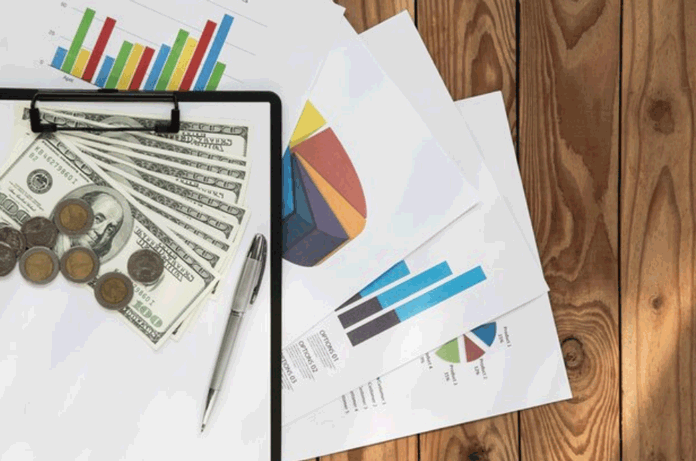In the complex world of personal finance, the idea of taking out a short-term loan often raises questions and concerns. Are these loans beneficial, or do they lead individuals down a path of financial instability? This article explores the pros and cons of short-term loans, helping readers make an informed decision about whether or not these financial tools are a good idea for their specific circumstances.
Understanding Short-Term Loans:
Short-term loans are financial instruments designed to bridge the gap between immediate financial needs and the next paycheck. These loans typically have a brief repayment period, ranging from a few weeks to a few months. Borrowers can access these funds quickly, making them suitable for emergencies or unexpected expenses.
The Advantages:
1. Immediate Financial Relief: Short-term loans provide quick access to cash, helping individuals address urgent financial needs promptly, such as medical bills, car repairs, or utility payments.
2. Accessible to All: Short-term loans often have lenient eligibility criteria, making them accessible to individuals with varying credit scores. Even those with less-than-perfect credit can qualify for these loans.
3. Flexible Application Process: Online lenders offer a streamlined application process, allowing borrowers to apply from the comfort of their homes. The digital nature of these loans eliminates the need for extensive paperwork.
4. Limited Debt Duration: Short-term loans offer a way to tackle immediate financial challenges without burdening borrowers with long-term debt commitments. Borrowers can repay the loan within a short period, preventing a cycle of perpetual debt.
The Disadvantages:
1. High-Interest Rates: Short-term loans often come with higher interest rates compared to long-term loans. While this is to compensate for the quick access to funds, it can lead to significant repayment amounts.
2. Potential for Debt Cycle: If not managed responsibly, short-term loans can lead to a cycle of debt, where borrowers continuously rely on these loans to cover regular expenses, trapping them in a cycle of borrowing.
3. Predatory Lenders: Some lenders exploit individuals in desperate financial situations, offering loans with exorbitant interest rates and fees. Borrowers need to be cautious and choose reputable lenders to avoid falling victim to predatory lending practices.
When is a Short-Term Loan a Good Idea?
- Emergencies: Short-term loans can be a lifeline during emergencies, providing immediate funds to cover essential expenses when no other options are available.
- Temporary Financial Gaps: If individuals face temporary financial gaps due to unexpected expenses, a short-term loan can help bridge the deficit until their next paycheck.
- Improving Credit Score: Responsible repayment of short-term loans can positively impact a borrower’s credit score, making it a strategic choice for those looking to rebuild their credit history.
When is a Short-Term Loan Not a Good Idea?
- Regular Expenses: Using short-term loans to cover routine expenses such as groceries or utilities is not advisable. It indicates a deeper financial issue that needs addressing.
- Debt Repayment: Using one loan to pay off another can lead to a cycle of debt. It’s crucial to seek financial advice to find more sustainable solutions for debt management.
Conclusion:
Whether a short-term loan is a good idea depends on the specific circumstances and financial discipline of the borrower. When used responsibly and for genuine emergencies, short-term loans can offer a valuable financial lifeline. However, individuals must carefully evaluate their situation, understand the terms and conditions, and have a clear repayment plan in place. With careful consideration and responsible borrowing, a short-term loan can serve as a practical solution in times of urgent financial need.





